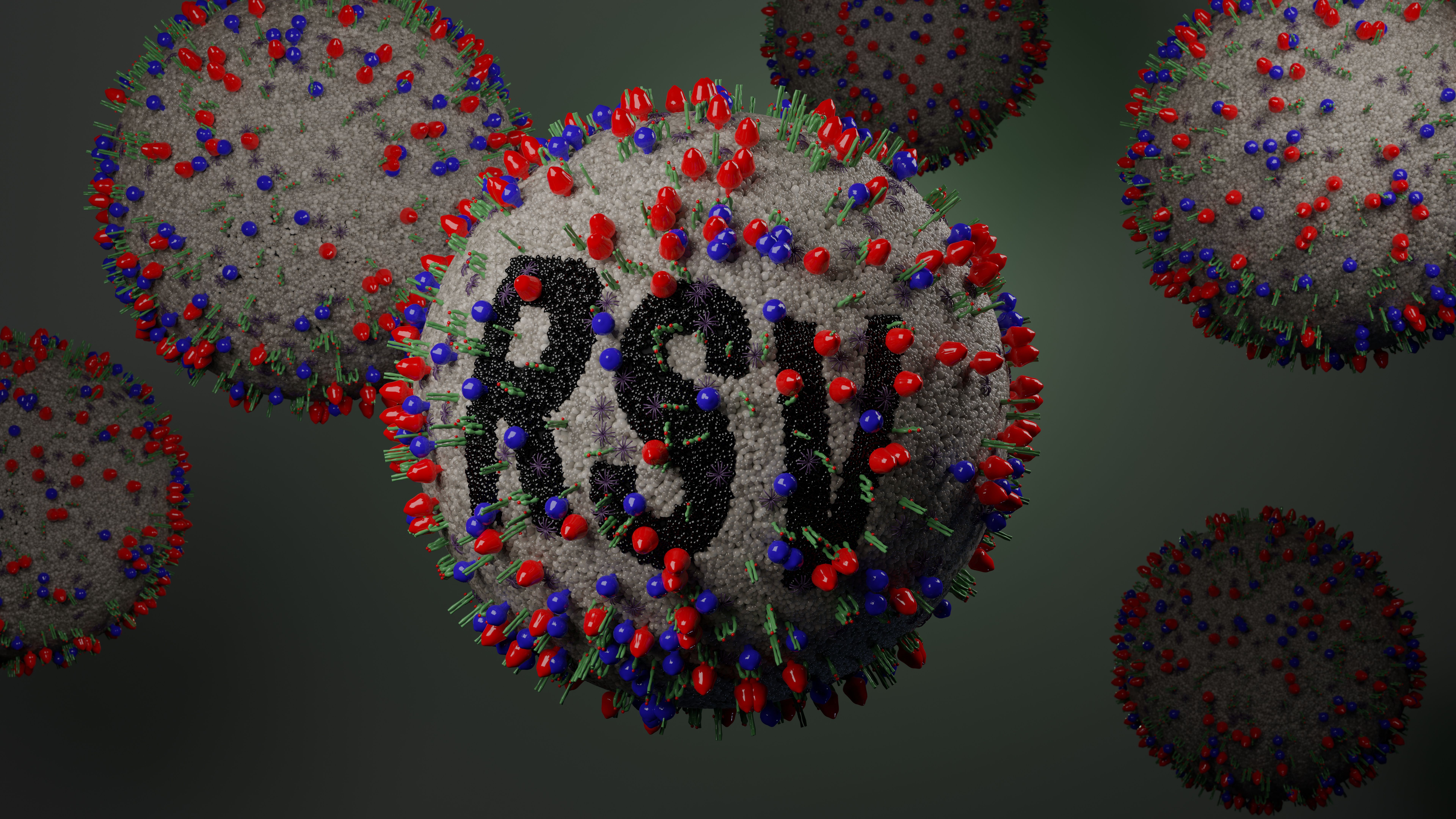Article
Bivalent RSV Prefusion F Vaccine Reduces Lower, Acute Respiratory Tract Illness
Author(s):
Respiratory syncytial virus (RSV) vaccine demonstrated efficacy of 66.7% in reducing RSV-associated lower respiratory tract illness with at least 2 signs or symptoms in older adults.
Data from a large, ongoing, phase 3 trial investigating a bivalent respiratory syncytial virus (RSV) vaccine candidate found that it reduced lower respiratory tract illness and RSV-associated acute respiratory illness in adults, without safety concerns.
Credit: Peter Hansen - stock.adobe.com

RSV develops in between 3% and 7% of healthy older adults in the United States and Europe each year, with an estimated 177,000 hospitalizations and 14,000 deaths each year in the United States. RSV can be especially severe in older adults, with approximately 18% admitted to an intensive care unit, 31% receiving home health services at discharge, and 26% dying within 1 year after admission.
The investigational bivalent RSV prefusion F protein–based (RSVpreF) vaccine contains stabilized prefusion F glycoproteins from the 2 major circulating subgroups of RSV. In phase 1 and 2 clinical trials, vaccinating adults with a 120-μg dose of the RSVpreF formulation substantially increased RSV neutralizing titers and had an acceptable safety and tolerability profile, according to the study.
In the new trial, investigators randomly assigned adults aged 60 years or older to receive a single intramuscular injection of the RSVpreF vaccine at a 120-μg dose or placebo. The 2 primary endpoints were efficacy against seasonal RSV-associated lower respiratory tract illness with at least 2 or at least 3 signs or symptoms. The secondary endpoint was vaccine efficacy against RSV-associated acute respiratory illness.
At the interim analysis, 17,215 participants had received the RSVpreF vaccine and 17,069 had received placebo. The median age of the participants is 67 years, 51% are male, 78% are White, 13% Black, and 37% Hispanic.
RSV-associated lower respiratory tract illness with at least 2 signs or symptoms occurred in 11 participants in the vaccine group and 33 participants in the placebo group, demonstrating a vaccine efficacy of 66.7%. In this group, the most common symptom was cough, followed by sputum production, wheezing, shortness of breath, and tachypnea.
Similarly, 2 and 14 cases, respectively, occurred with at least 3 signs or symptoms, demonstrating an efficacy of 85.7%. in this group, the most common symptoms were cough and wheezing, followed by sputum production, shortness of breath, and tachypnea. RSV-associated acute respiratory illness occurred in 22 participants in the vaccine group and 58 participants in the placebo group, demonstrating a vaccine efficacy of 62.1%.
The incidence of local reactions was higher with the vaccine than with placebo, at 12% and 7%, respectively, whereas the incidences of systemic events were similar (27% and 26%, respectively). The study also showed similar rates of adverse events through 1 month after injection, with 1.4% in the vaccine group and 1% in the placebo group (AEs) considered to be injection-related.
Severe or life-threatening AEs were reported in 0.5% of vaccine recipients and 0.4% of placebo recipients. Serious AEs were reported in 2.3% of participants in each group through the data cutoff date.
Based on these findings, the investigators concluded that the success criterion for vaccine efficacy was met with respect to both of the 2 primary endpoints, as well as RSV-associated acute respiratory illness.
REFERENCE
Walsh EE, Marc GP, Zareba AM, Falsey AR. Efficacy and Safety of a Bivalent RSV Prefusion F Vaccine in Older Adults. New Engl J Med. doi:10.1056/NEJMoa2213836
Newsletter
Stay informed on drug updates, treatment guidelines, and pharmacy practice trends—subscribe to Pharmacy Times for weekly clinical insights.






